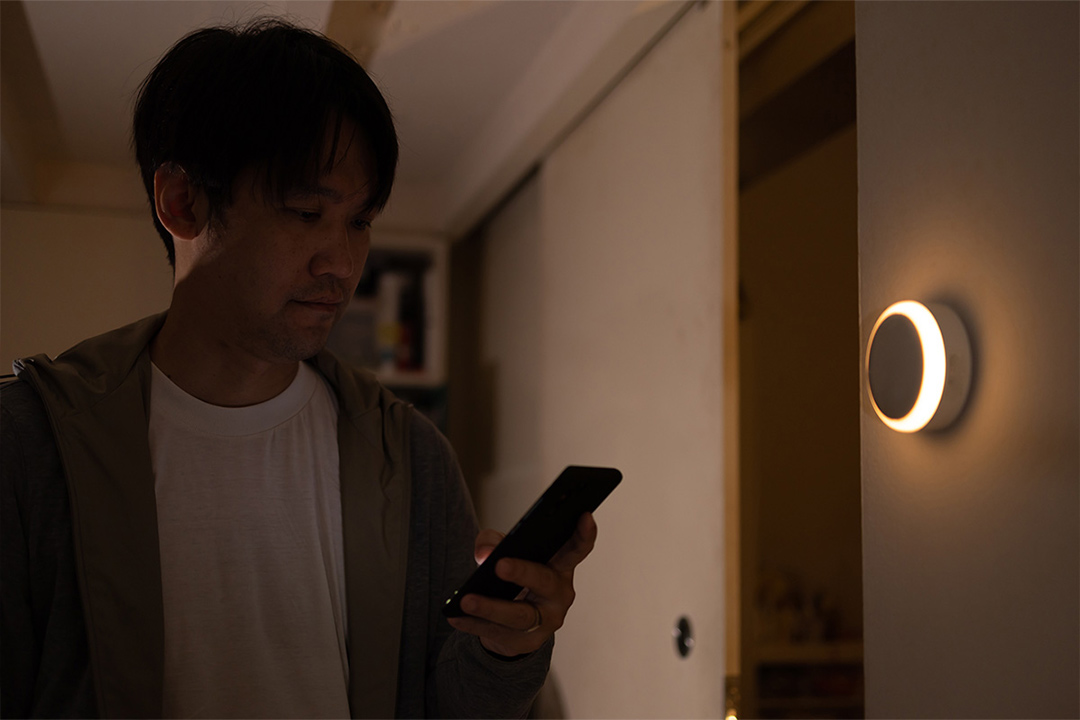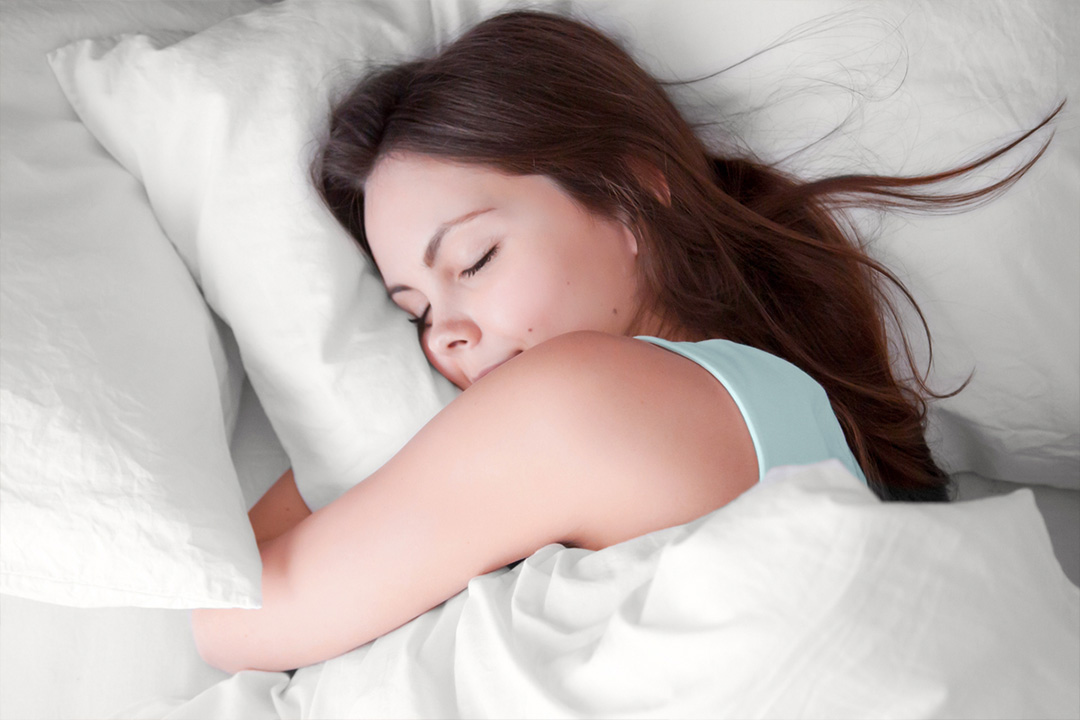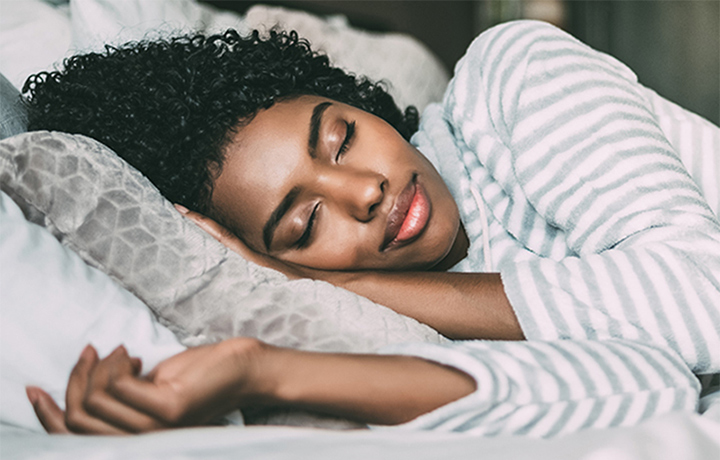Understanding sleep disorders
Sleep disorders are conditions that disrupt your ability to get restful, healthy sleep. They can affect how long you sleep, how well you sleep or when you sleep. Common conditions include insomnia, narcolepsy and obstructive sleep apnea.
A sleep doctor can learn the cause of sleep disorders. If you or someone you know isn’t sleeping well, it’s important to get care from a sleep medicine specialist.
Sleep medicine FAQ
If you’re having trouble falling or staying asleep, there could be a number of possible causes. Here are some of the most common:
- Aging
- Caffeine, alcohol or nicotine use
- Disrupted sleep schedule
- Medical conditions
- Poor sleep habits
- Sleep disorders
- Stress and anxiety
There are many reasons why you may not sleep well. Here are some of the most common ones:
Insomnia
Insomnia is when it’s hard to fall asleep or stay asleep. It’s the most common sleep complaint. Some people also wake up too early and can’t fall back asleep. Some reasons for insomnia are stress, medical conditions and lifestyle habits.
Obstructive sleep apnea (OSA)
Sleep apnea is one of the most common sleep problems. It’s a sleep disorder that causes your breathing to stop and start repeatedly while you sleep. It usually includes loud snoring and trouble breathing. You may also have:
- Headaches and sleepiness during the day
- Trouble focusing
- Mood changes
- Low energy
- Depression
- High blood pressure
- Problems staying awake at work or while driving
Restless leg syndrome (RLS)
RLS is characterized by having uncomfortable feelings in the legs, such as itching, prickling, pulling or crawling. These sensations create an overwhelming urge to move the legs which often causes difficulty initiating sleep.
Narcolepsy
Narcolepsy can cause you to have:
- Sudden urges to fall asleep during the day
- Sleep-related hallucinations (seeing things that aren’t there)
- Sleep paralysis (can’t move during sleep)
- Insomnia
- Excessive daytime sleepiness
Some people also have cataplexy. This is when your muscles suddenly go limp or weak without warning. This may be triggered by strong emotions.
It’s important to take care of sleep disorders. If you don’t, it may increase your risk for:
- Problems with the heart or blood vessels
- Diabetes
- Obesity
- Depression, anxiety and other mental illness
Syncope
Syncope is a condition that causes a temporary loss of consciousness due to a drop in blood pressure or blood flow to the brain. Syncope can be a symptom of heart or neurological problems.
Common symptoms that occur before fainting include:
- Feeling dizzy, lightheaded, weak or nauseous
- Having cold or clammy skin
- Having blurred or blacked-out vision
A sleep study is a test that helps a sleep medicine doctor find out what type of sleep problem you have. It also tells us how well and how much you sleep.
In-lab tests
Your doctor may order a polysomnogram (PSG) test at a sleep lab. It gathers data on your brain, heart rate, breathing and body movements. This test is safe and completely painless. You’ll spend the night in one of our deluxe and comfortable rooms.
The PSG test is done with sensors that are placed on the skin. PSG tests are completely non-invasive and painless. A PSG test measures your:
- Brainwaves
- Breathing
- Heart rate and rhythm
- Muscle tension
- Oxygen levels at night
The test may last one or two nights. The first part of the test tells your doctor what type of sleep problem you have. The second part involves figuring out the right care for your sleep problem.
Your test results will be studied by a sleep specialist. Then, we’ll talk to you about your treatment choices and what will work best for you.
At-home sleep test
In some cases, you may be able to take a home sleep test. This is a simpler version of the in-lab test that you can complete in the comfort of your own home. Sometimes your doctor may need you to come in for an in-lab test as well.
There are many different ways to care for sleep disorders. Your treatment will depend on your condition.
For example, if you’re experiencing insomnia (not being able to fall or stay asleep), your health care provider may use a combination of medications along with behavioral techniques to promote regular sleep.
For sleep apnea (when your breathing stops and starts repeatedly while you sleep), most people will need to use a CPAP machine to help them breathe. CPAP stands for continuous positive airway pressure. It uses gentle air pressure to keep your airways open.
Other sleep disorder care plans may include:
- Bright light therapy
- Cognitive behavior therapy
- Mouth appliances
- Positional therapy
- Practicing healthy sleep habits
- Surgery
- Weight loss
- Try to get up at the same time every day.
- Use your bed only for sleeping.
- Turn off electronic devices such as TVs, phones and computers at least 30 minutes before bedtime.
- Get up when you can’t sleep. Do a quiet activity with little light exposure. Do not get on electronic devices.
- Do not eat a large meal or drink lots of fluids before bedtime.
- If you’re sensitive to caffeine, avoid caffeinated products in the afternoon or evening.
- Go to bed when you are sleepy. Spend only the amount of time in bed that you need to sleep.
- Make your bedroom relaxing, with a comfortable, cool temperature.
Sleep paralysis occurs when your brain wakes up before your body does. It’s a temporary state where you’re unable to move or speak while falling asleep or waking up.
During this brief period, usually lasting a few seconds to a couple of minutes, you may be fully aware of your surroundings but feel paralyzed. Some people also experience vivid hallucinations or a sensation of pressure on the chest.
While it may feel alarming, sleep paralysis is not harmful and typically doesn’t indicate any underlying health problem.
REM sleep behavior disorder (RBD) is a condition in which a person physically and/or vocally acts out vivid dreams while in the REM (rapid eye movement) stage of sleep. This can include:
- Talking
- Shouting
- Punching
- Kicking
- Falling out of bed
Normally, during REM sleep, the body experiences temporary muscle paralysis (called atonia) to prevent movement. In people with RBD, this paralysis is absent, allowing them to move while dreaming.
RBD can lead to accidental injury to the person or their bed partner and is often associated with neurological conditions such as Parkinson’s disease, Lewy body dementia, or multiple system atrophy. It may also occur in people with narcolepsy or as a side effect of certain medications, especially antidepressants.
If you or a loved one is experiencing these symptoms, know that help is available. A sleep medicine specialist can provide a thorough evaluation and guide you toward safe, effective treatment options.
Parasomnia is a sleep disorder that causes abnormal behavior while sleeping, such as moving around or talking. This behavior can occur during any stage of sleep, including the transition from being awake to sleeping, and vice versa.
Helpful resources

Article
When snoring could be a sign of something more serious
Is your bed partner complaining that you snore all night? Here’s why it’s worth talking to your doctor about.

Article
The big health benefits of sleeping more (and how to do it)
Sleep is essential for your health and well-being, so it's important to make sure you're making the most of your nighttime Zzz's.

Article
Ideal sleeping temperature: How simple changes can improve your overall health and mood
When it comes to the bedroom, temperature matters. A cool but comfortable temperature is the best for a good sleep.

Article
What does it mean to have healthy sleep?
Both quantity and quality are important factors in sleep — and your health and wellness depend on it.
*Sleep medicine services vary by location. Check with your doctor’s office or health plan for specific information.
**1 in 3 adults don’t get enough sleep | CDC Online Newsroom | CDC
Optum arranges for or provides medical and other clinical services in accordance with laws in each state it operates. Physicians or providers referenced on this website are to those who are either part of independent practices or to those medical practices managed by or owned, where permitted, by Optum. In all circumstances, physicians and other licensed professionals have complete authority for all medical decision-making and patient care. Optum does not determine or set the methods, standards, or conduct of the practice of medicine or health care provided by any of the practices or their physicians or other licensed professionals.




